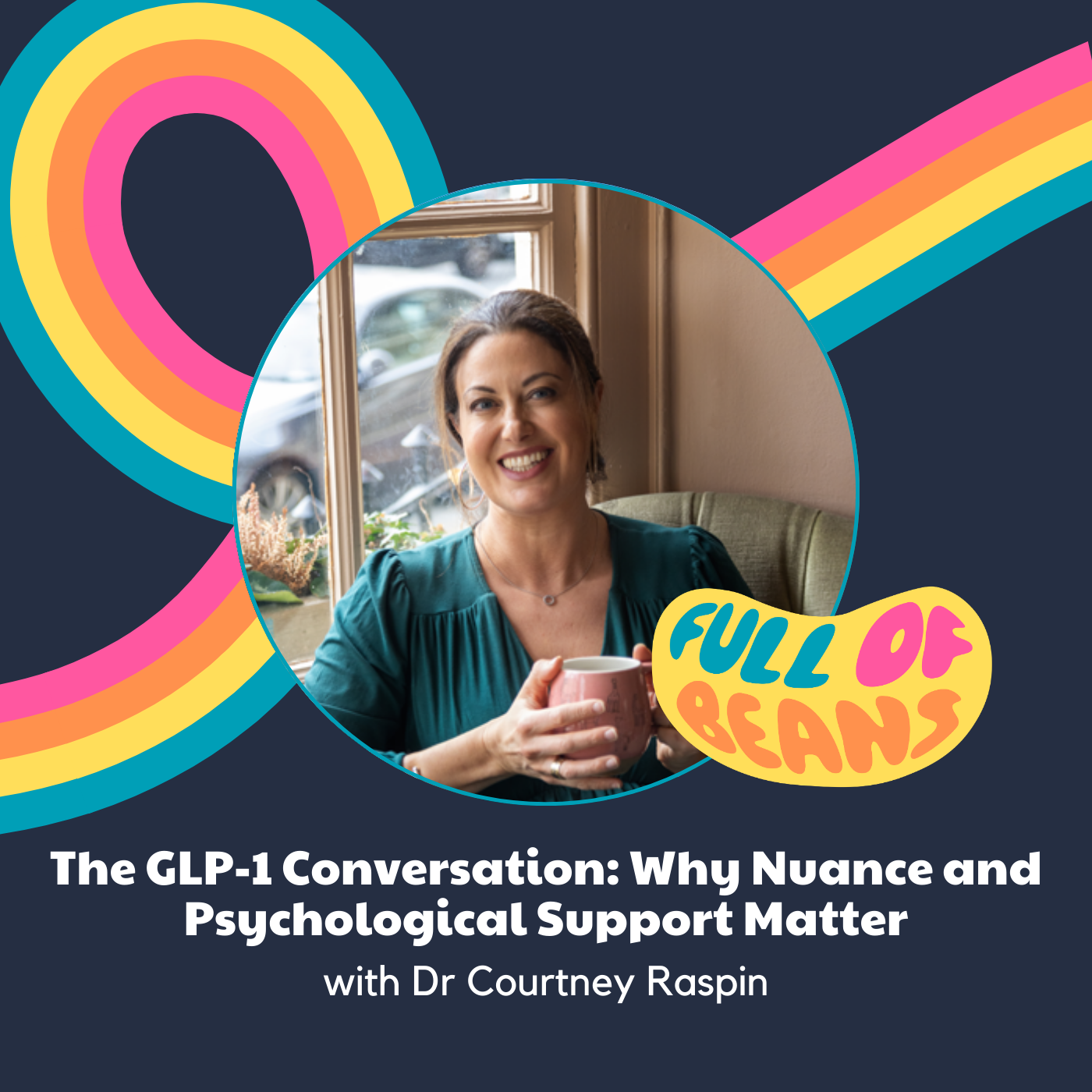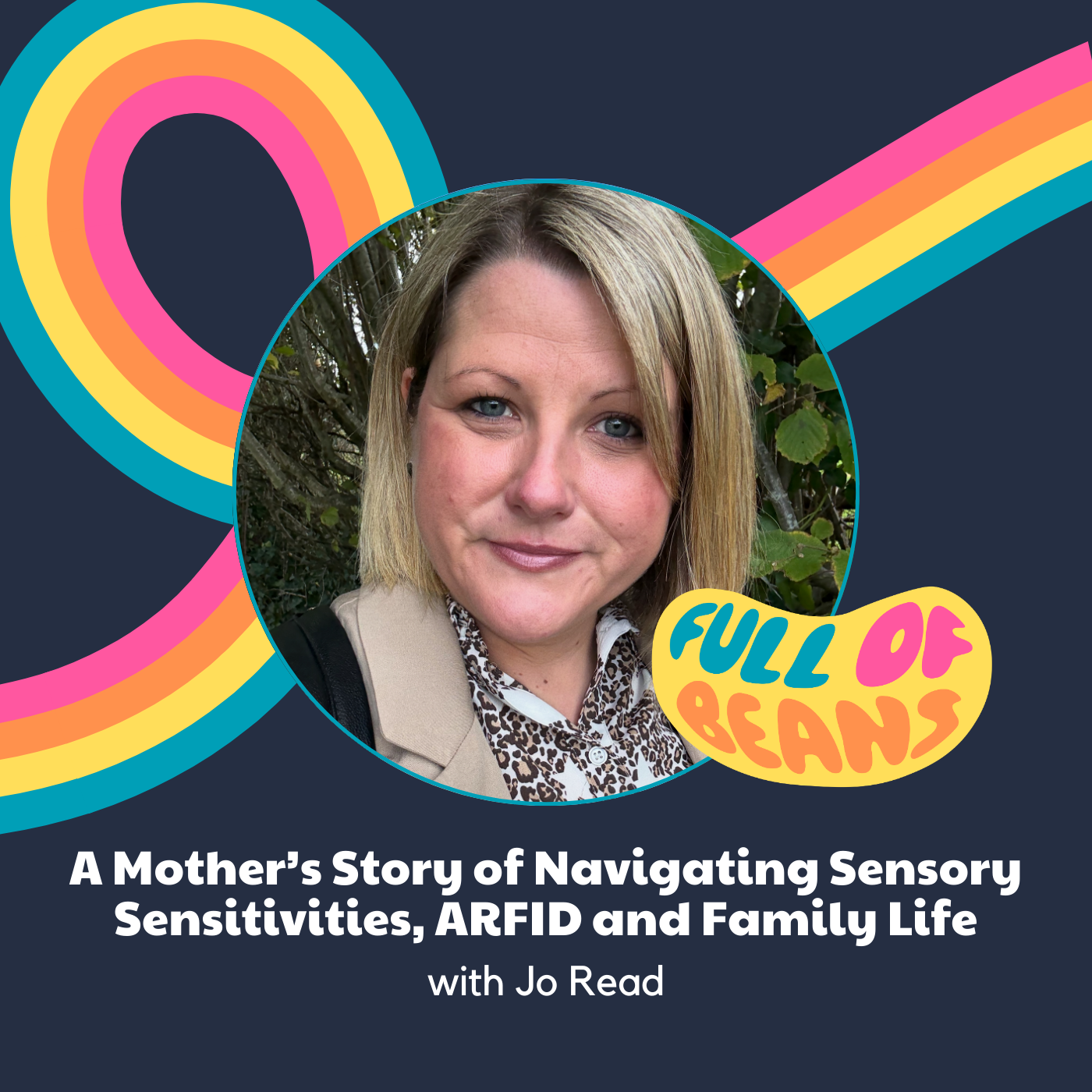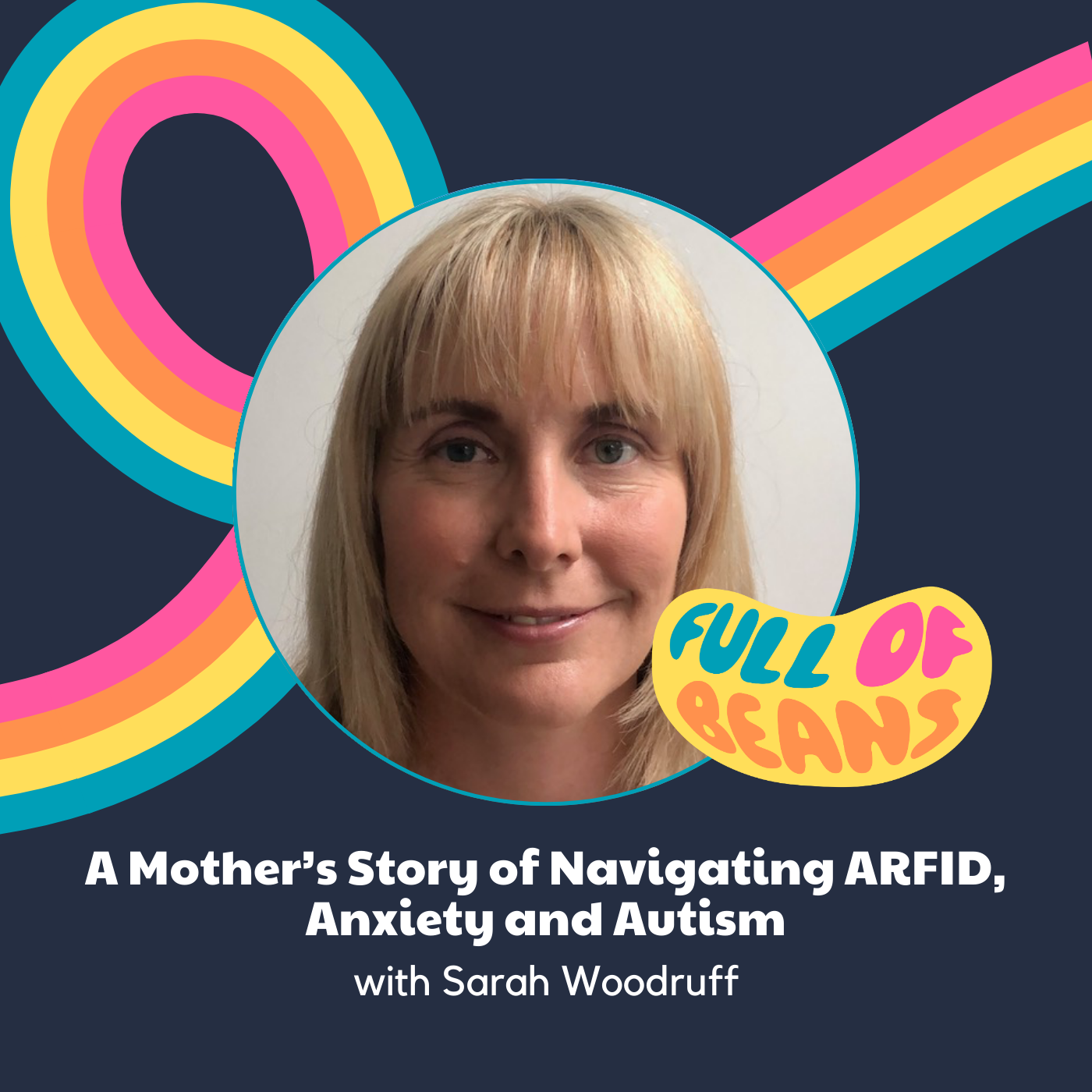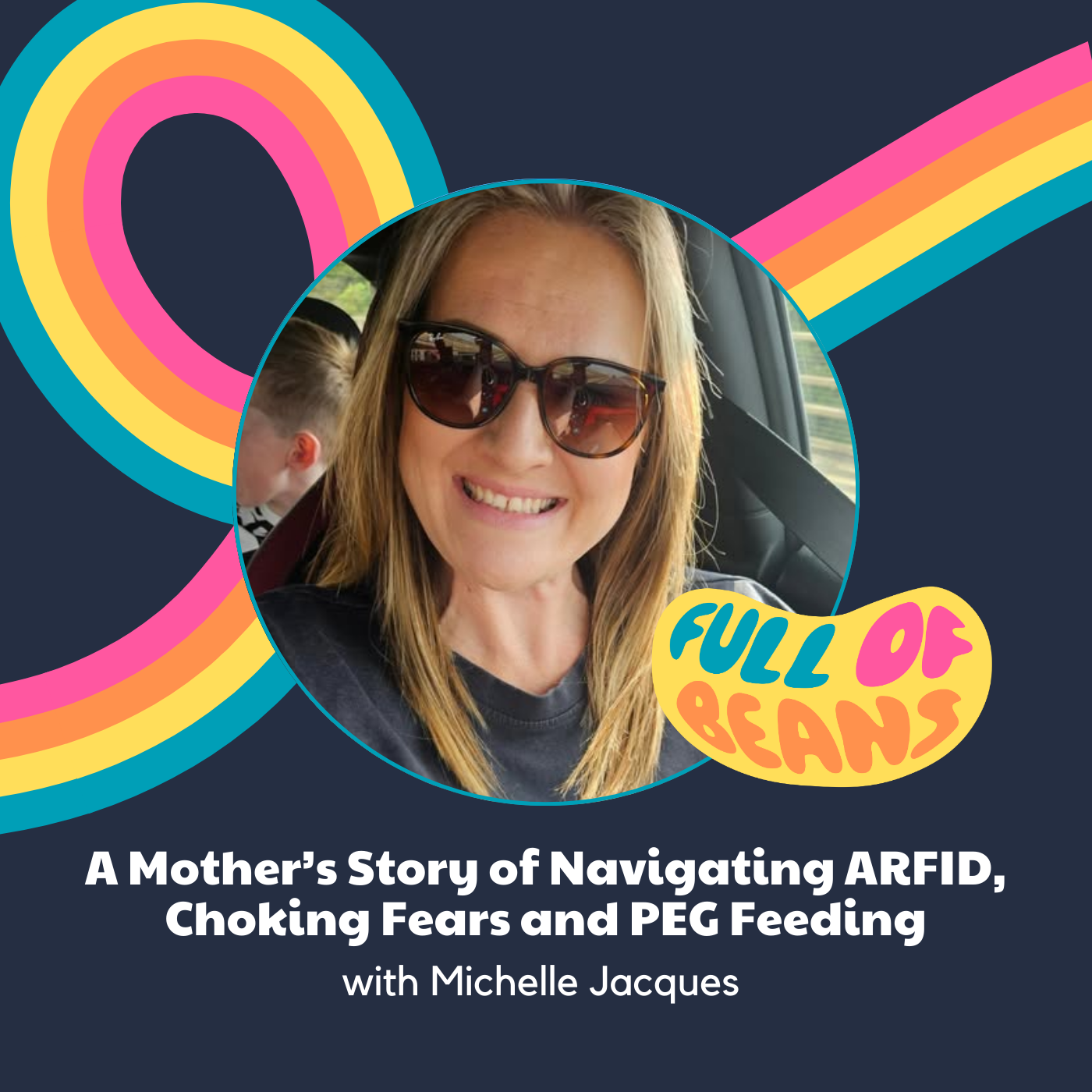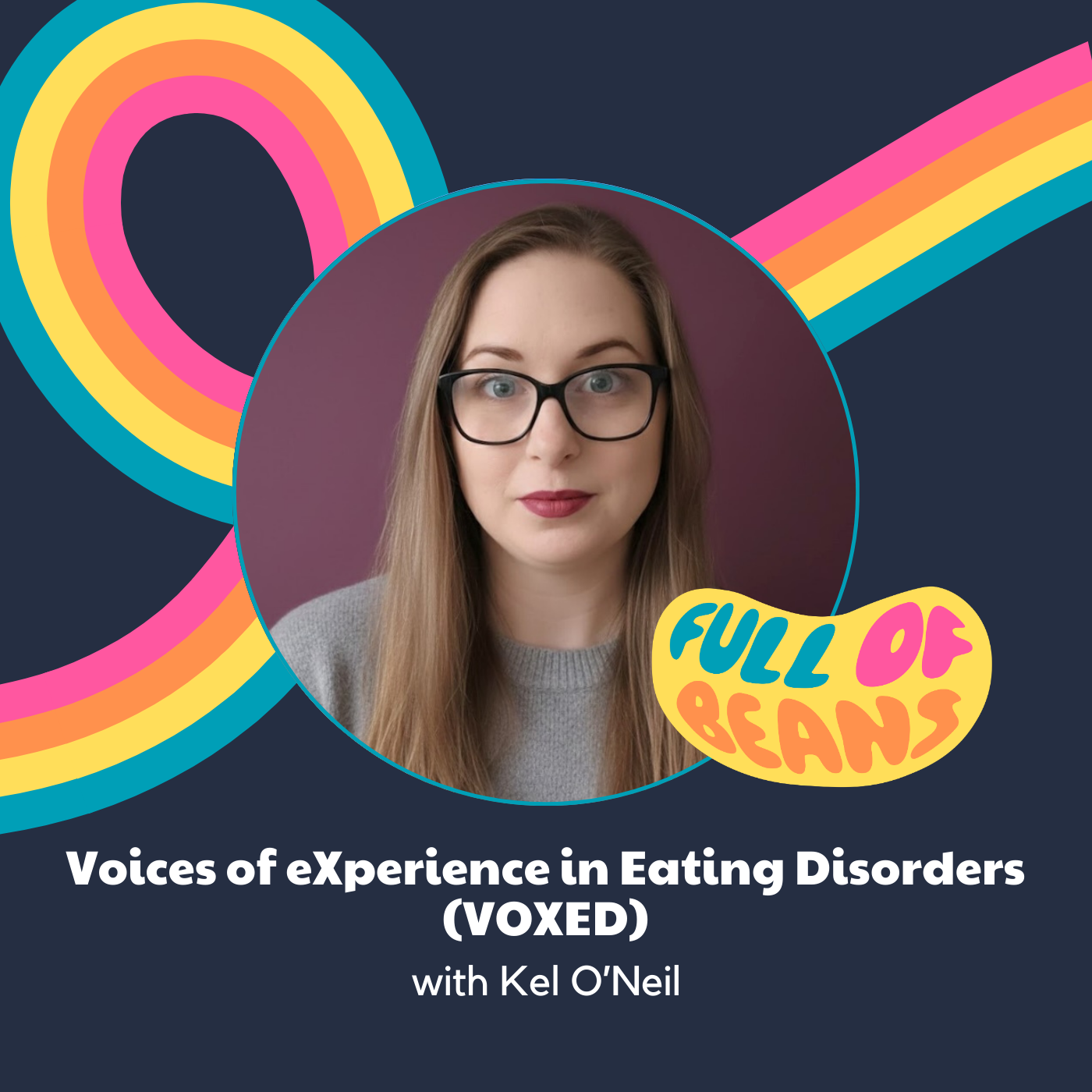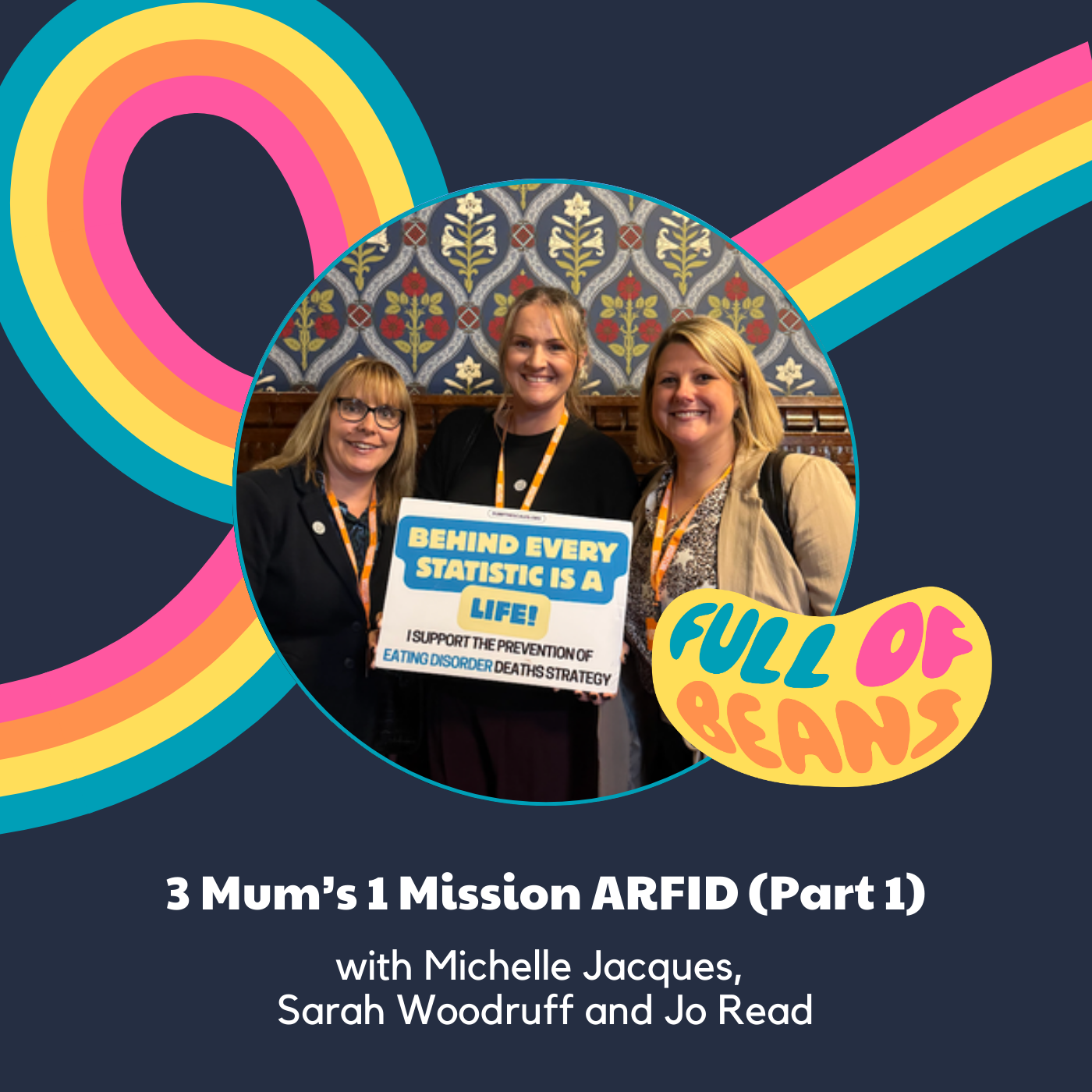The Power of Community in Eating Disorder Recovery for Midlife Women
“Recovery isn’t meant to be done alone. When we lose connection, we often lose hope, but when we find community, we find freedom again.” — Priya Tew
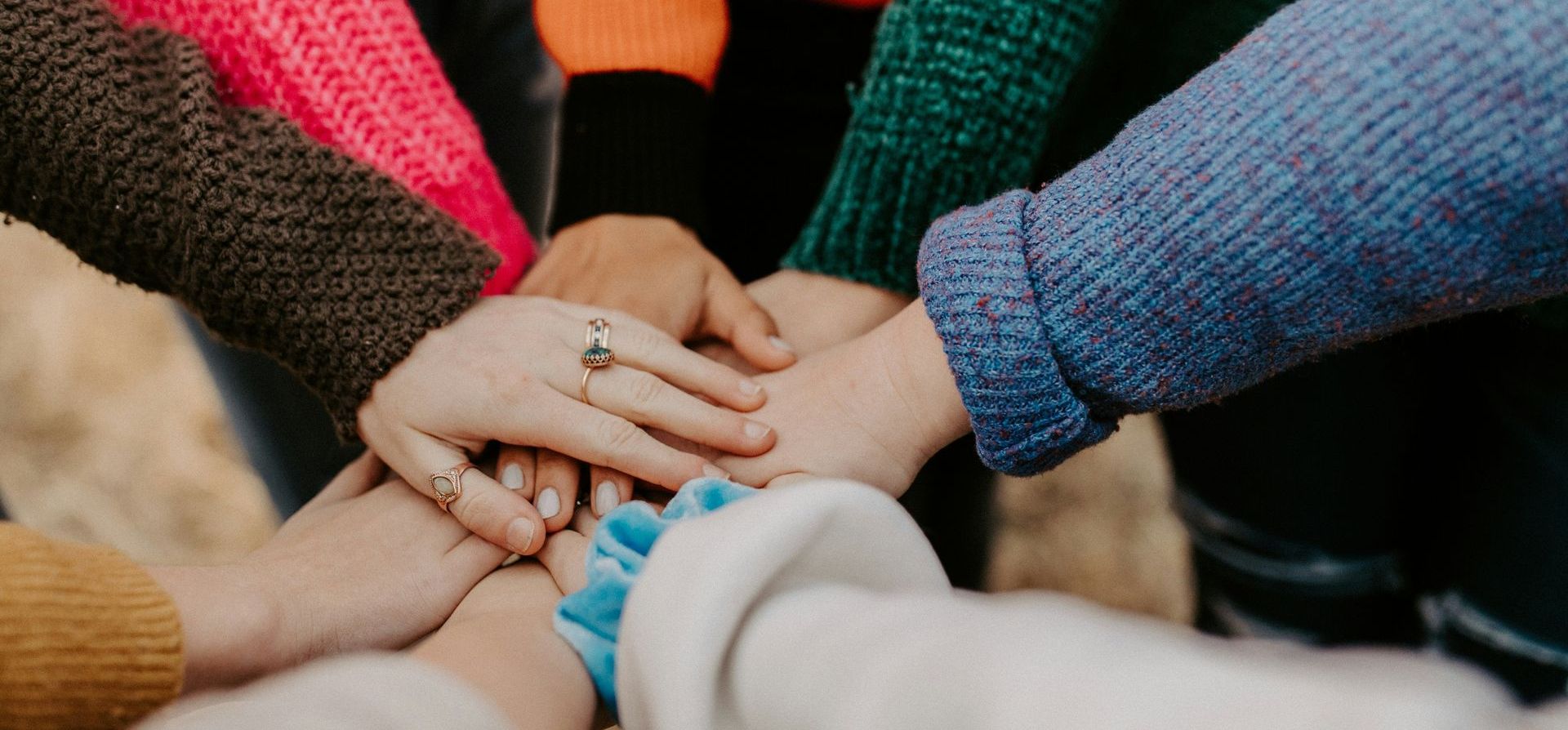
For many, the word community conjures images of friendly neighbours, coffee mornings, or social clubs. But for women navigating eating disorder recovery, especially in midlife, community takes on a deeper, life-changing meaning. It becomes a source of strength, a place of understanding, and, perhaps most importantly, a reminder that you are not alone in this journey.
As part of Mental Health Awareness Week’s theme of Community, we’re exploring why connection is such a powerful force in eating disorder recovery, why it’s never too late to find your people, and how even the smallest steps toward connection can help you rediscover joy.
Why Is Community So Essential in Recovery?
“The people I work with who are most successful in recovery have one thing in common, they’ve found connection. They have people who understand, listen, and remind them that it’s okay to have hard days.” — Priya Tew
Eating disorders thrive in isolation. The secrecy, shame, and silence that often accompany these illnesses can make you feel trapped in your own mind. And for women in midlife, this isolation can feel even more profound. Children may have left home, relationships might have shifted, and there’s often a sense of Who am I now?
But here’s the truth: recovery becomes more possible, and more joyful, when it’s shared.
How does community support recovery?
- Learn from Others’ Experiences: Hearing how others have navigated their recovery journeys can offer new perspectives and practical strategies you hadn’t considered.
- Feel Less Alone: When you speak to someone who says, “I’ve been there too,” it breaks through the loneliness and reminds you that healing is possible.
- Get Ideas & Practical Advice: From managing social situations to overcoming fear foods, connecting with others can provide helpful tips that only those who’ve lived it truly understand.
- Be Seen and Understood: Sometimes, the most powerful words you can hear are simply, “Me too.”
Where to Find Community
“I run the Recovery Tribe because I’ve seen the transformation that happens when women support each other. Different ages, different stages, but when they come together, the healing is incredible.” — Priya Tew
Community can look different for everyone. It might be a formal support group, or it might be a small circle of friends who truly ‘get it.’ The most important thing is that it’s a safe, non-judgmental space where you feel supported.
Places to find community:
- Online Support Groups: Perfect for those with busy schedules or who find in-person meetings overwhelming. Groups like Priya’s Recovery Tribe offer ongoing connection and encouragement.
- In-Person Support Groups: Organisations like BEAT and First Steps run face-to-face sessions, where you can meet others and share experiences directly.
- Social Media Communities: When used intentionally, platforms like Instagram can help you find positive, recovery-focused spaces. Follow accounts that inspire and uplift—like @priya_tew.
- Local Meet-Ups: Whether it’s a walking group, a hobby class, or a coffee morning, these social spaces can help you reconnect with life beyond the eating disorder.
How to Get Support from Your Own Community
“One of the best things you can do is open up, just a little. Let your friends and family know what you’re going through. You don’t have to have all the answers; you just have to let them walk beside you.” — Priya Tew
If the idea of joining a new group feels overwhelming, start closer to home. Sometimes, the support you need is right there—but people don’t know how to help unless you tell them.
Simple ways to ask for support:
- Be Honest: Try saying, “I’m working on my relationship with food, and I’d love your support as I figure this out.”
- Make Plans That Don’t Center Around Food: Suggest walks, crafts, or coffee catch-ups without the pressure of a meal.
- Share Resources: Send a helpful podcast episode or article to family members so they can better understand what you’re going through.
- Ask for Accountability: Whether it’s a text check-in or a shared goal, invite people to be part of your journey.
Remember: You’re Not Alone, And It’s Never Too Late
“I have clients in their 70s working on recovery. That’s how powerful and possible change can be. It’s never too late to live life fully again.” — Priya Tew
Whether you’re taking your first brave step toward recovery or continuing a journey you started long ago, know this: community can, and will, carry you through. Recovery is not a linear path, but with the support of others, every step feels a little lighter.
This Mental Health Awareness Week, let’s celebrate the power of connection. Reach out. Join a community. Build one if you can’t find it. Because healing happens in connection, and joy is waiting for you on the other side.
🎧 Listen to the full episode with
Priya on Full of Beans to learn more about her research and practical tools for building a better body image.
You can also connect with Priya on Instagram @priya_tew or explore her Recovery Tribe.
Sending positive beans your way,
Han 💛

